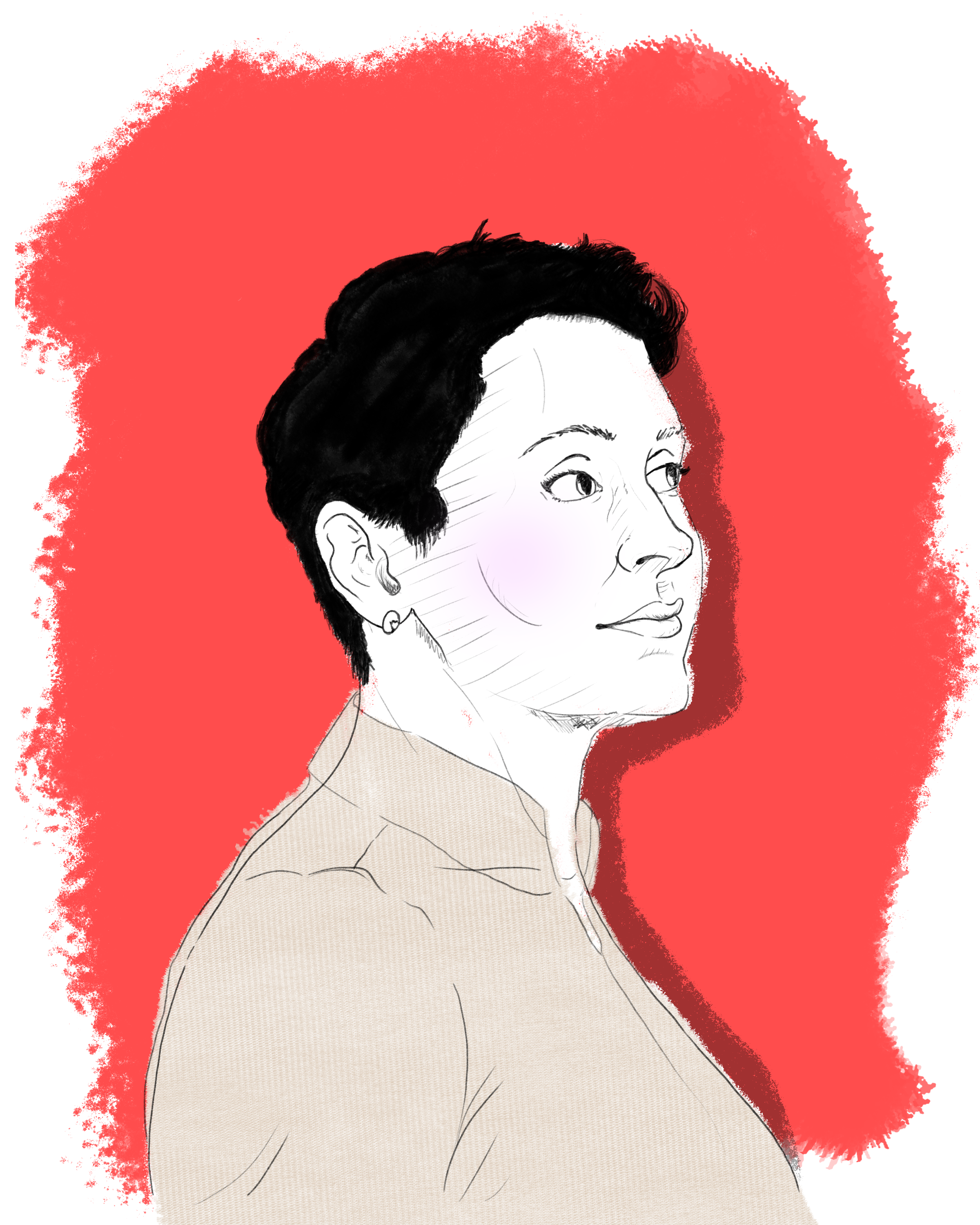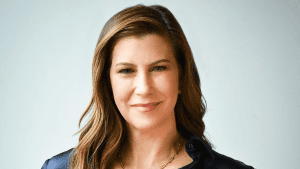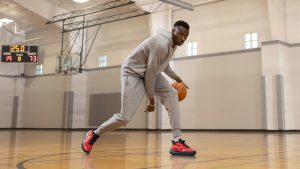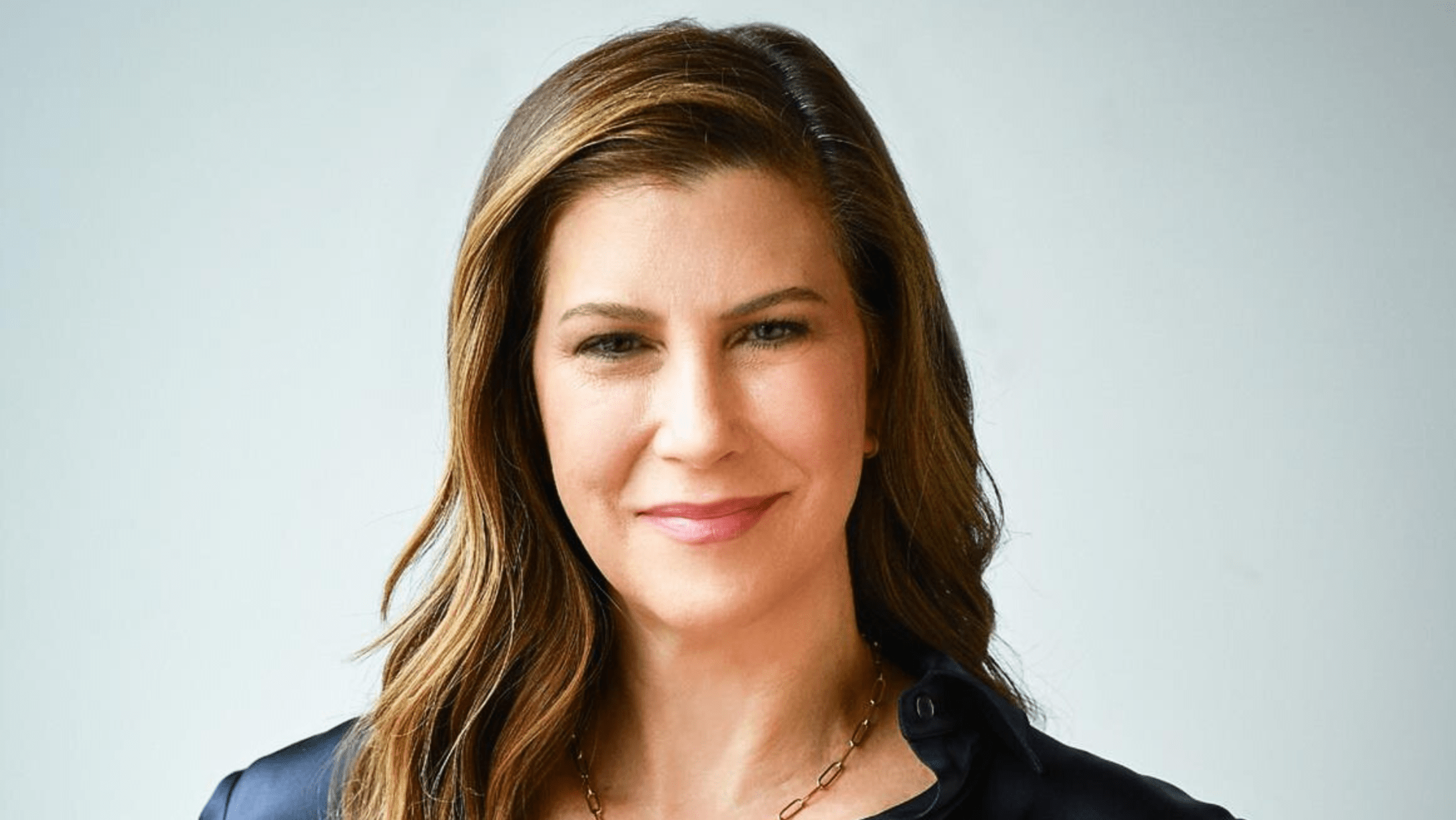As NBA Canada’s new Managing Director, Leah MacNab has some big plans for the future of basketball in Canada.
Leah MacNab: After a banner season that saw the Toronto Raptors win the NBA championship, Leah MacNab is excited for the road ahead. The new Managing Director of NBA Canada, MacNab has been tasked with overseeing the basketball and business operations of the league, as well as growing the popularity of the sport in the country. As the first female to take on the role in the organization, her vision for the future will undoubtedly bring a fresh perspective to a franchise that continues to champion inclusivity and sportsmanship. Here’s what she had to say about what she’s looking forward to, how she got to the top, and her thoughts on leadership.
What do you think is the future of basketball in Canada?
Leah MacNab: My vision for the future of basketball would be that we get more and more kids playing every year. Not necessarily in the NBA or WNBA, but to learn the values of the game. Things like respect, teamwork, inclusion, and innovation—using it as a force to bring people together. I was proud to be Canadian during the NBA finals, to see Canadians supporting the only team in the NBA and Canada. I think seeing more opportunities for our fans to enjoy the game they love and interact with us in a more one-on-one fashion is the goal.
This year, the Toronto Raptors became the first NBA franchise to sell a branded hijab. Are there plans down the road to build more on these kinds of initiatives that foster inclusivity?
Leah MacNab: I think we’re always looking for ways to make basketball more inclusive. We’ve done everything in our office from wheelchair basketball to travelling to remote communities where we work with community leaders to teach basketball. That is something that we will definitely continue to do. If kids would like to wear more modest clothing or wear a hijab, we’re totally open to that. That’s not something that we even bat an eye at.
What do you think defines a great leader?
Leah MacNab: A great leader helps others and brings out the best in them. Whether that’s creating conditions for people to be comfortable enough to do their best work, or encouraging and giving people a little push. On the court, I think some of the best teams that we see are the ones where each of the players knows their roles really well. They know when to pass the ball to the guy that’s going to have the better shot in the moment. That’s something that you have to get to in an office environment where you have trust and open communication. Fostering those two things helps everybody be their best.
Along your career path, has mentorship played a big role?
Leah MacNab: I don’t think I’ve ever called it mentorship, but my former boss, Dan MacKenzie, was and still is a mentor of mine. He used to be a teacher and I always used to joke that his style was sort of Socratic. He’d ask a lot of questions and let you come up with your own answers. That was something that was really helpful for me . It was a really great management style and I owe a lot to him. He pushed me at times when I didn’t think I was ready for things, and it’s been huge for my career. He’s been my number one mentor.
What is the most valuable lesson you’ve learned from your career?
Leah MacNab: In sports, there are different types of people. Those that love to have a goal and want to see results. One of the things that I have learned is that it doesn’t always need to be you that’s dribbling the ball into the net. It can be a matter of saying, “Okay great, you’ve got all the skills. You guys go and do this.” By empowering folks that work on your team, you can multiply your impact. That’s a lesson that a lot of managers need to come across at some point in their lives and as leaders. I think cheering people on and really pushing them when they’re ready is something that I’ve gotten better at doing. We’re seeing results where people on our team are growing by leaps and bounds, which is amazing to see.
Why is it important to be comfortable with being uncomfortable?
Leah MacNab: As a team, we just did a failure toy workshop. There’s a company called Twenty One Toys and they basically make toys for the 21st century, focusing on the need to be more innovative and resilient. This toy is purposefully quite difficult to work with. It essentially teaches your team to deal with failure. That can be hard for some people but in order to evolve and come up with new innovation concepts, we need to be trying things that might not work. A big part of learning is messing things up. You’ve got to go through that process. We also explored how and when to kill a project, which was really valuable. It’s conditioned us to better handle the highs and lows of the game, and build up a sense of resilience.
Where is the line between being committed to a vision and changing direction?
Leah MacNab: Having a vision is great. It’s a goal where you define what is going to come out of your efforts. But generally, there are upwards of 10 or 12 different ways to get to that end goal. I think when you want to try something new, you should call it a pilot. Even if you think it’s the idea that’s going to get you all the way to your vision, calling it a pilot almost gives you the flexibility to kill a project more easily if it isn’t going right. It’s a very small semantic change but it does actually unlock more playfulness in people and an ability to try something different. The tactics are easier to change, but the vision remains the same.
How do you define success?
Leah MacNab: For me, it means not just hitting business targets but making sure that we’re all learning every day. That we’re testing ourselves and trying new things. On the court, it’s a little bit easier to see what success is than what it might be in the boardroom. I think it’s about being really honest about what you’re trying to do and how you’re performing. If you’re not feeling uncomfortable at least once a day, you’re probably not pushing yourself hard enough.













